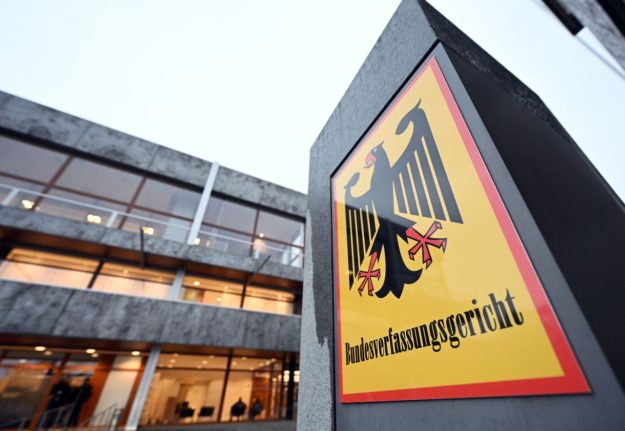Glencore said it planned to raise up to $2.5 billion in a shares sale and suspended dividend payments until further notice in an attempt to cut its debt by $10.2 billion by the end of next year.
Production has also been suspended at mines in Zambia and the Democratic Republic of Congo, Glencore also said, as the company reels from what it has previously described as the worst commodities market since the financial crash of 2008-2009.
A slowdown in China, the world's top commodities consumer, has reverberated around the globe, with major producers, including Brazil and Canada, falling into recession.
Concerns over prolonged stalled growth in China have slashed iron ore prices by roughly a half, as coal, copper and other commodities have fallen by 20-40 percent.
Glencore last week saw its largest decline on the London stock exchange since it went public in 2011, and the company has lost more than half of its market value this year.
In a joint statement, Glencore's CEO Ivan Glasenberg and Steven Kalmin sought to underscore the company's “strong liquidity” and other solid indicators, insisting they “remain very positive on the long-term outlook” of the business.
But, they said, the need to stabilise the company's balance sheet became necessary amid concern from stakeholders “around the sustainability of our leverage.”
The company last month reported a $676 million dollar first half loss, compared with the same period in 2014, as well as an impairment to its recently acquired oil operation in Chad.
Glencore shares were up 7.59 percent at 132.50 pence in mid-morning trading in London.
FINANCE
Swiss mining firm faces multi-billion-dollar debt
Swiss mining giant Glencore, hit by a collapse in commodities prices, announced on Monday a series of extraordinary measures to eliminate roughly a third of its $30 billion dollar (27 billion euros) net debt.
Published: 7 September 2015 12:10 CEST

Photo: Fabrice Coffrini/AFP
Url copied to clipboard!


 Please whitelist us to continue reading.
Please whitelist us to continue reading.
Member comments